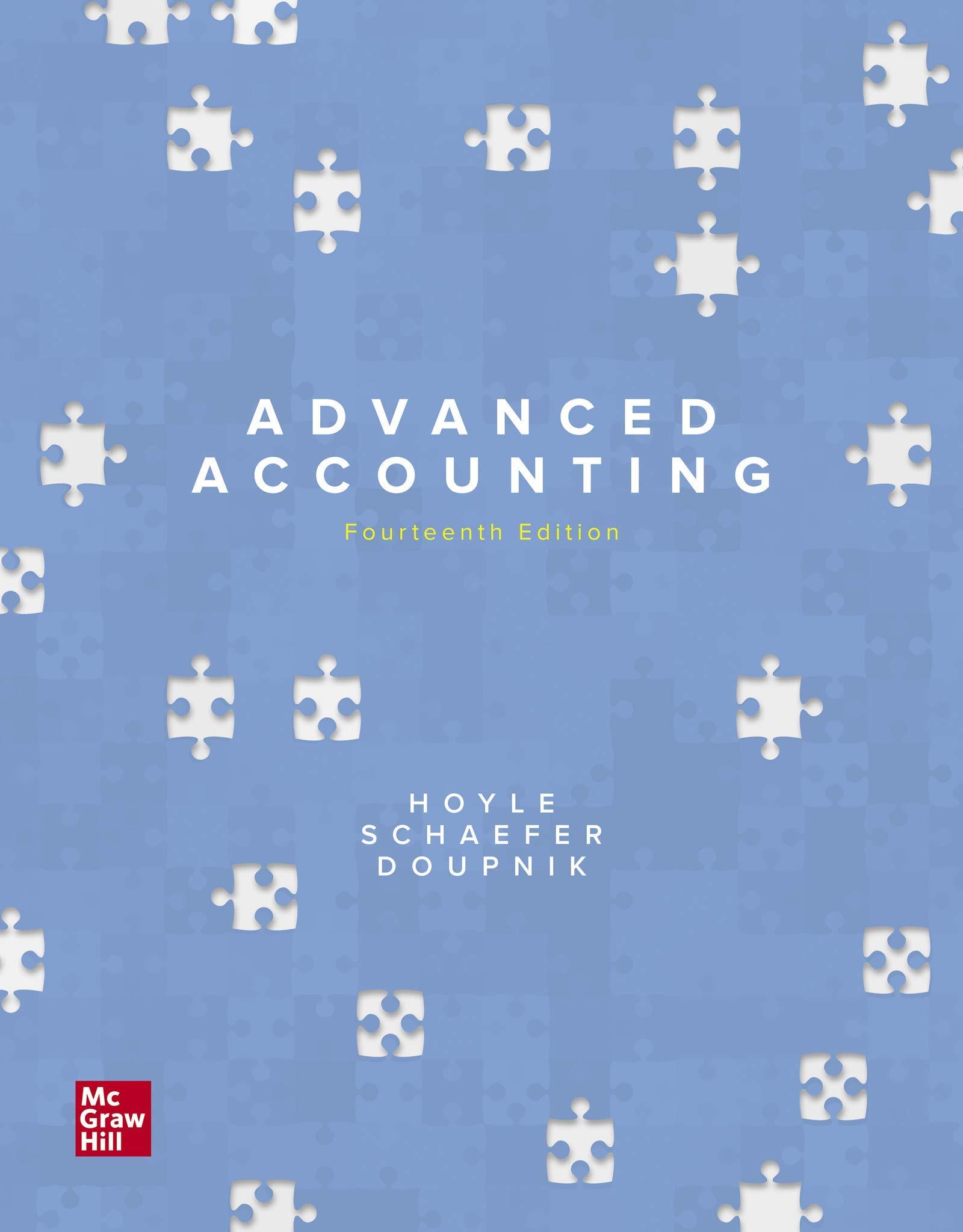Question
Which of the following statements is FALSE? Question 2 options: In efficient markets, investments have an expected NPV equal to zero. Market prices continually fluctuating
Which of the following statements is FALSE?
Question 2 options:
In efficient markets, investments have an expected NPV equal to zero.
Market prices continually fluctuating reinforces the argument that the financial markets are efficient.
The greater the standard deviation, the higher the risk.
Information spreading rapidly in today's world and the tremendous competition in the financial markets reinforce the argument that the financial markets are efficient.
The standard deviation can be negative, positive, or equal to zero.
Question 1
Which of the following statements is CORRECT?
Question 1 options:
Capital gains should not be counted as part of an investor's total returns until they sell the security, since the capital gain is really only a "paper gain" up to that point.
With a mean of 5% and a standard deviation of 10%, the probability of earning more than 25% in any one year is no more than 2.5%.
Long bonds have lower average yields than Treasury bills.
The lessons from capital market history tell us that the greater the potential reward from a risky asset, the lower is the risk.
In general, the longer the term of an investment the lower the risk premium will be.
Step by Step Solution
There are 3 Steps involved in it
Step: 1

Get Instant Access to Expert-Tailored Solutions
See step-by-step solutions with expert insights and AI powered tools for academic success
Step: 2

Step: 3

Ace Your Homework with AI
Get the answers you need in no time with our AI-driven, step-by-step assistance
Get Started


